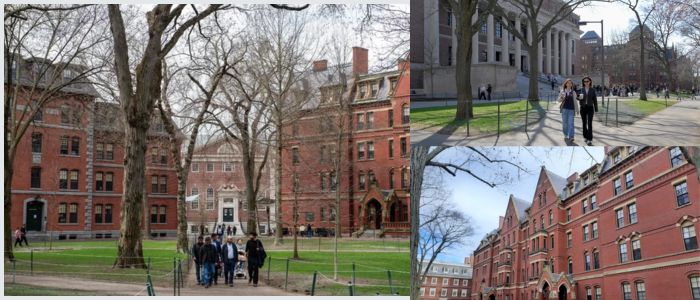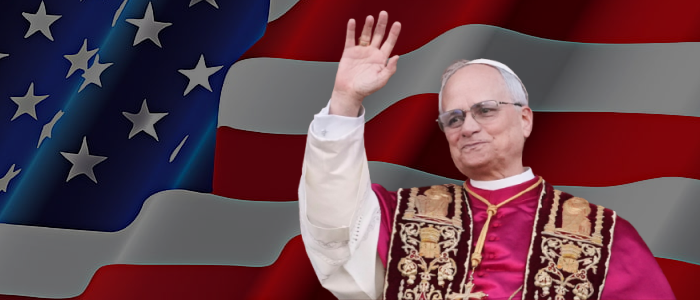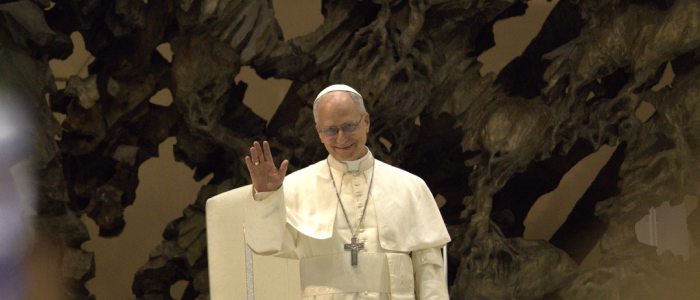From Guerrilla Fighter to Head of State
Born in Montevideo, Mujica grew up in a middle-class family and was inspired by his mother's interest in politics and literature. His early political journey began with the National Party, but in the 1960s, he co-founded the left-wing Tupamaros National Liberation Movement (MLN-T), which carried out armed actions against what they viewed as an increasingly authoritarian government.
Mujica was arrested four times during this period, survived being shot six times, and twice escaped from prison. After the military coup in 1973, he was held as one of nine political hostages, spending over 14 years in prison under brutal conditions. He was released in 1985 when Uruguay returned to democracy, describing his release as the happiest day of his life.
Presidency and Lasting Legacy
After serving as a lawmaker and minister, Mujica was elected president in 2010 at the age of 74. During his time in office, Uruguay's economy grew by an average of 5.4% annually, poverty decreased, and unemployment remained low. His government passed laws on abortion, same-sex marriage, and cannabis regulation, drawing global attention to the small South American nation.
Though admired for his authenticity, Mujica's term also drew criticism. Opponents pointed to rising public spending and an underwhelming education reform. Yet, unlike many of his regional counterparts, he was never accused of corruption or undermining democracy.
Following his presidency, Mujica continued serving as a senator and remained a beloved figure in Uruguay. He retired from politics in 2020. In November 2024, his political successor Yamandú Orsi was elected president, and Mujica's movement within the Frente Amplio gained the largest share of parliamentary seats since democracy returned to the country.
In his final years, Mujica often reflected on life and death. In one of his last interviews, he said, "One knows that death is inevitable. And perhaps it's like the salt of life."
Stay informed with Newsbuck – your go-to source for global news, trends, and updates across tech, health, politics, and more. Trusted stories, delivered fresh. Explore more on Newsbuck!















